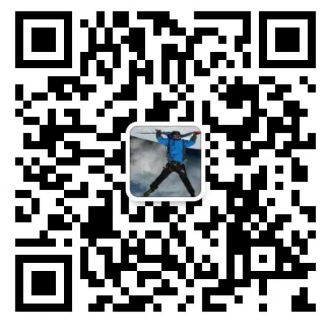
Quxu County Festivals and Activities
There are several festivals celebrated in Quxu County, among which, the Wangguo Festival(望果节), Xuedun Festival(雪顿节) and Xiannv Festival are grandest and most popular.
Xuedun Festival
Xuedun Festival(雪顿节)also known as Tibetan Opera Festival, is the most solemn festival in Tibet, and thousands of Buddhists flock from all over the world to Lhasa, with the most devout heart, one step at a time to worship the supreme Buddha. The Buddhist devotees go to the mountain to practice Buddhism and cultivate themselves, while the family members brought yoghurt to greet them at the end of the practice. On the way home, people will eat yogurt, dance and sing folk songs. Every June 29 to July 1 in Tibetan Calendar, the main schools of Tibetan Opera in Tibet will gather together in Lhasa for several days to perform the Tibetan Opera. At that time, visitors can enjoy the most solemn ceremony, the most jubilant Tibetan opera performances, the yak racing, song and dance performances and the mysterious Tibetan amorous feelings.
Xiannv Festival
Xiannv Festival(仙女节)is a traditional folk festival in Tibet which is celebrated very year on November 21st (October 15th in Tibetan Calendar). Since five o 'clock in the morning, Tibetan religious believers will hand the Khata(哈达) and the barley wine in hand to pay religious homage to the statues of Wenwu Auspicious Tianmu(文武吉祥天母)and Srongtsen Gampo(松赞干布) which are known as the Dharma Lord Buddha(护法主尊) putting in the outer court of Jokhang Monastery(大昭寺)to celebrate the annual Xiannv Festival.
Wangguo Festival and Activities
The Wangguo Festival(望果节), which has a history of more than 1500 years, is widely popular in the rural areas of Tibet. Every July to August in Tibetan Calendar, before people preparing harvest, Tibetan farmers in festival costumes, holding Qiema(grain bucket)切玛 which symbolizes a golden harvest, and highland barley wine, sing and dance in the farmland, to celebrate the harvest this year and wish a better harvest next year.
Wangguo Festival contains a lot of activities rich in contents like horse racing, archery, singing and dancing, Tibetan opera, and goods exchange. The festival which integrates literature, art, sports, and business, enriched the material and cultural life of the local Tibetan farmers and herdsmen in the masses.













